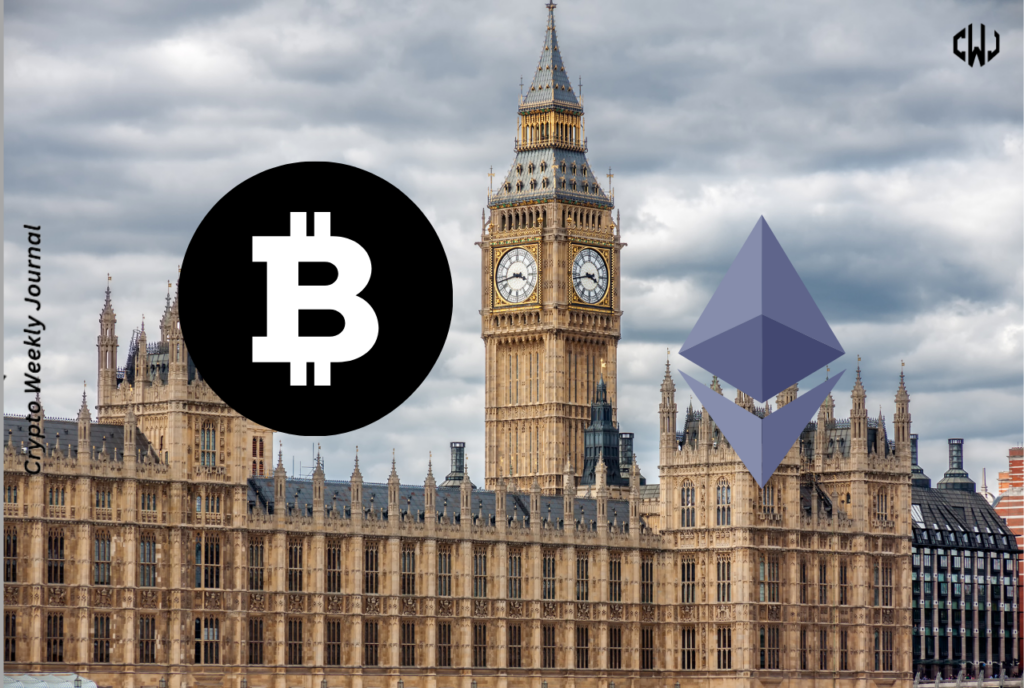- The UK introduced a bill to classify crypto assets like Bitcoin and NFTs as “personal property.”
- This move clarifies legal issues previously in a grey area, like fraud and disputes.
- The bill aims to strengthen the UK’s position in global crypto legal services.
The United Kingdom has introduced a groundbreaking bill that could redefine the legal status of crypto assets, including Bitcoin, non-fungible tokens (NFTs), and carbon credits.
The Property (Digital Assets etc) Bill, presented in Parliament, proposes classifying these digital holdings as “personal property” under British law. This would mark the first time in the UK’s history that such assets are legally recognized in this way.
Previously, digital assets existed in a legal grey area within English and Welsh property law. Owners of cryptocurrencies or NFTs faced uncertainty, especially if their assets were subject to interference or disputes.
By legally defining these holdings as personal property, the new law aims to bring much-needed clarity to complex cases, including fraud, scam-related issues, and disputes involving digital assets in divorce settlements.
Justice Minister Heidi Alexander expressed the significance of this legislation, emphasizing the need for legal frameworks to evolve alongside technology. The UK’s legal services are already a vital part of the economy, contributing £34 billion annually.
According to Alexander, updating property law to encompass digital assets will help the UK maintain its leadership position in the global crypto landscape. The reform is also expected to attract further investment in the country’s legal services sector.
Enhancing the UK’s Position in Global Crypto Legal Services
By including digital holdings under personal property, the bill offers protection to both individual owners and businesses. It ensures that courts are better equipped to handle disputes involving cryptocurrencies and NFTs. Judges will now have clearer legal guidance when adjudicating cases that involve digital assets, further strengthening the UK’s legal system in this rapidly changing digital era.
The UK is one of the first nations to officially recognize digital assets in law. With English law already governing £250 billion worth of global mergers and acquisitions and handling 40% of global corporate arbitrations, this development is crucial in ensuring the UK remains a preferred legal hub.
The bill follows recommendations from the Law Commission’s 2023 report, highlighting the need to address barriers preventing the recognition of digital assets as property. This move places the UK at the forefront of legal innovation in the digital economy, setting a precedent for other countries to follow.
Related | Ethereum Whales Now Control 43% of Supply, Signaling Long-Term Bullish Trend



